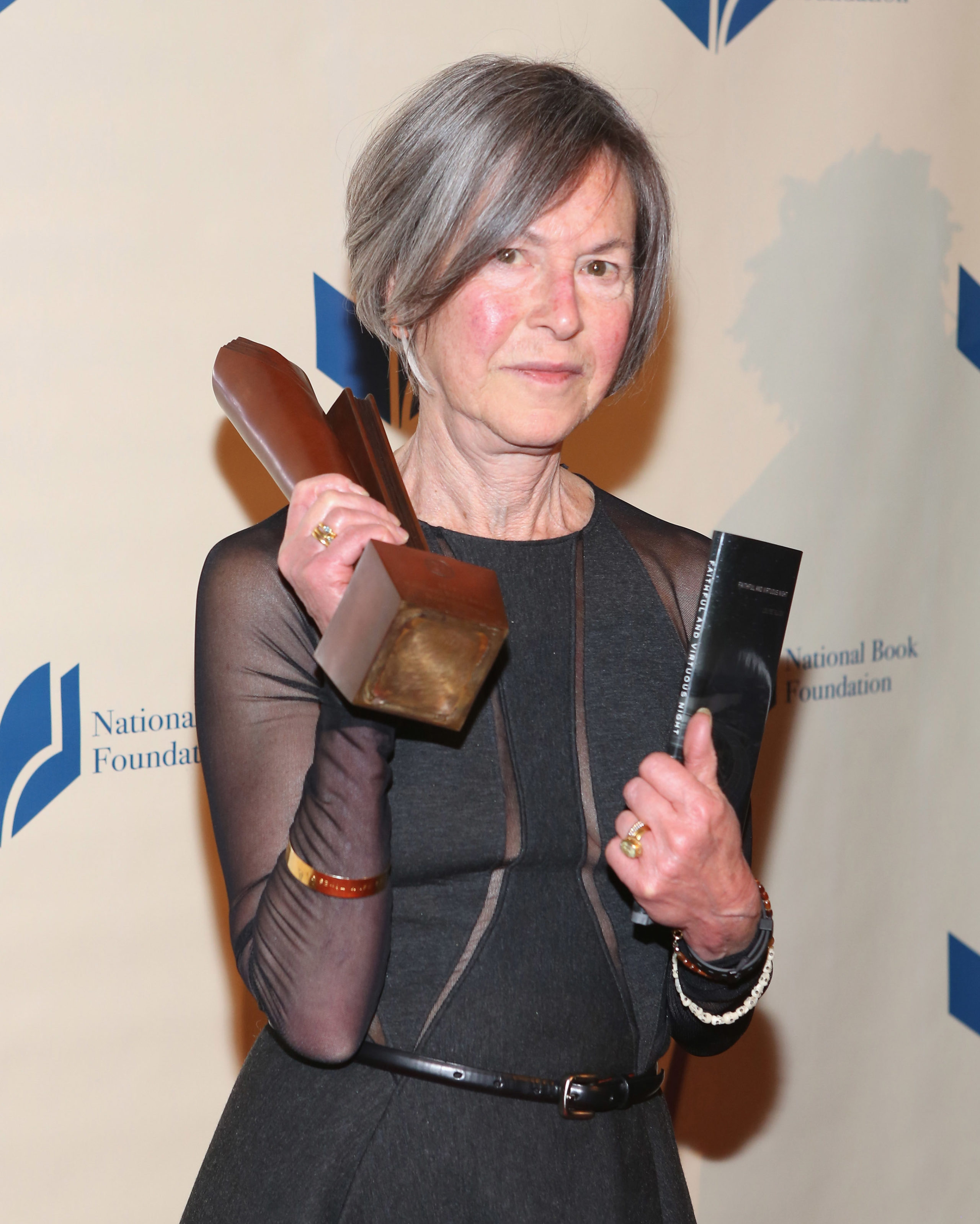American poet Louise Glück won the Nobel Prize for literature, a rare honor for a U.S. poet, numerous sources reported.
The Swedish Academy, which oversees the award, said Glück was “surprised” when she received their phone call. “The message came as a surprise, but a welcome one as far as I could tell,” The Academy’s permanent secretary Mats Malm said according to the BBC.

NEW YORK, NY – NOVEMBER 19: Louise Gluck attends 2014 National Book Awards on November 19, 2014 in New York City. (Photo by Robin Marchant/Getty Images)
Among other American poets to have won the award are Wallace Stevens, Gwendolyn Brooks and Robert Frost. Glück is the 16th woman to win the prize for literature since the award began in 1901. The last American to win was Bob Dylan in 2016. (RELATED: Two Women Win Nobel Prize In Chemistry For ‘Gene Scissors’)
The prize is given to the person who has “produced in the field of literature the most outstanding work in an ideal direction.” Nobel laureates receive a prize of more than $1.1 million.
Glück is a former U.S. poet laureate and has won an extensive collection of awards, including the Pulitzer Prize in 1993 for “The Wild Iris,” the National Book Award in 2014 for “Faithful and Virtuous Night” and a National Humanities Medal in 2015, according to the Associated Press.
Born in 1943 in New York City, Glück is descended in part from Hungarian Jews. She lives in Massachusetts and teaches at Yale University and Stanford University, and is revered for her generosity to younger writers, according to the Associated Press.
The poet draws inspiration from personal experience, common history, and Greek mythology, focusing on themes such as death, childhood, and family life.
This is a poem called Snow Drops by the brilliant Louise Gluck. The best poem about recovery. The last line blows me away. #WorldPoetryDay pic.twitter.com/5dhgaGtqK5
— Matt Haig (@matthaig1) March 21, 2018
Anders Olson, chairman of the Nobel literature committee, said that “Glück seeks the universal, and in this she takes inspiration from myths and classical motifs, present in most of her works,” the Associated Press reported. “The voices of Dido, Persephone and Eurydice –- the abandoned, the punished, the betrayed -– are masks for a self in transformation, as personal as it is universally valid.”


